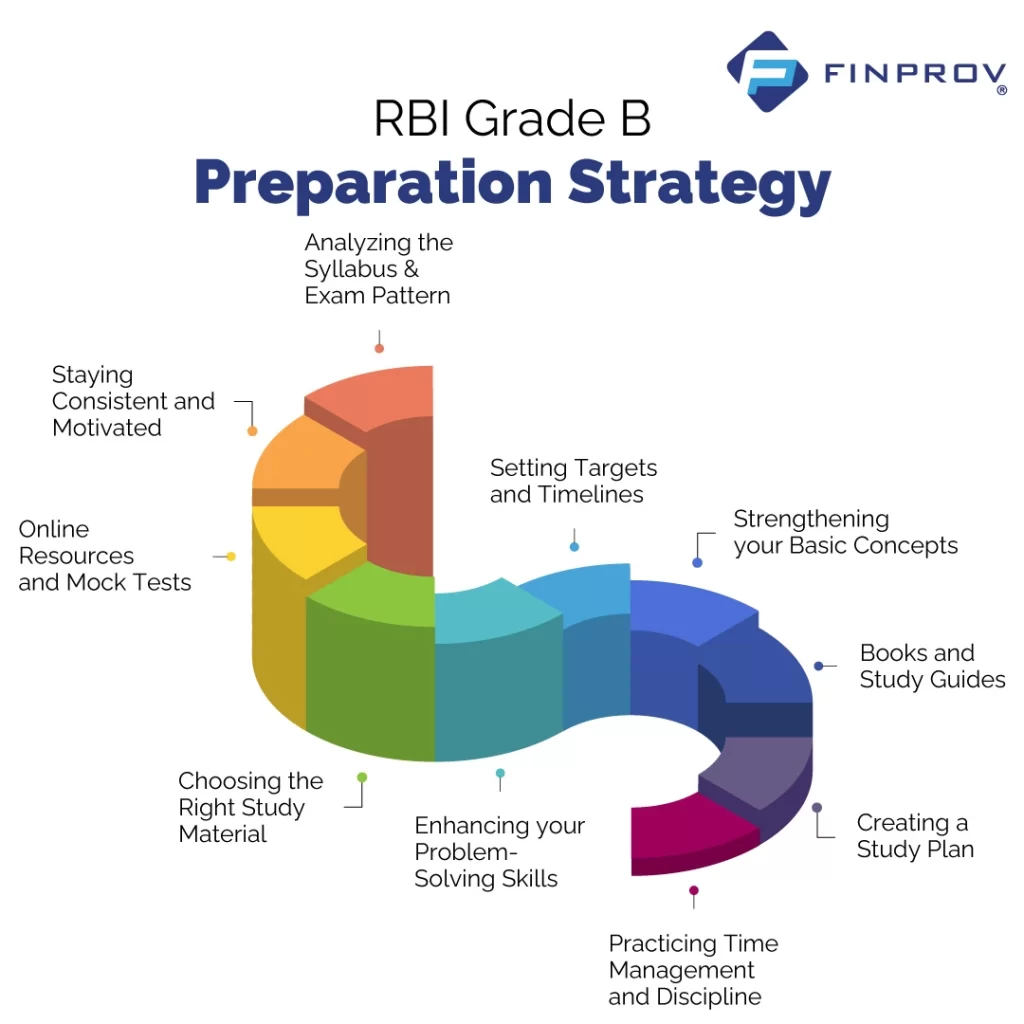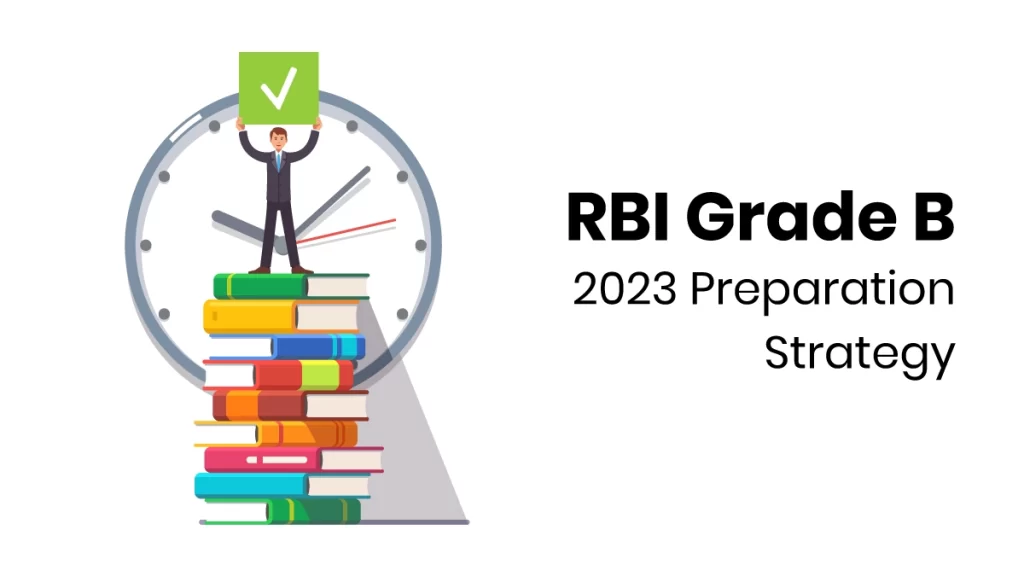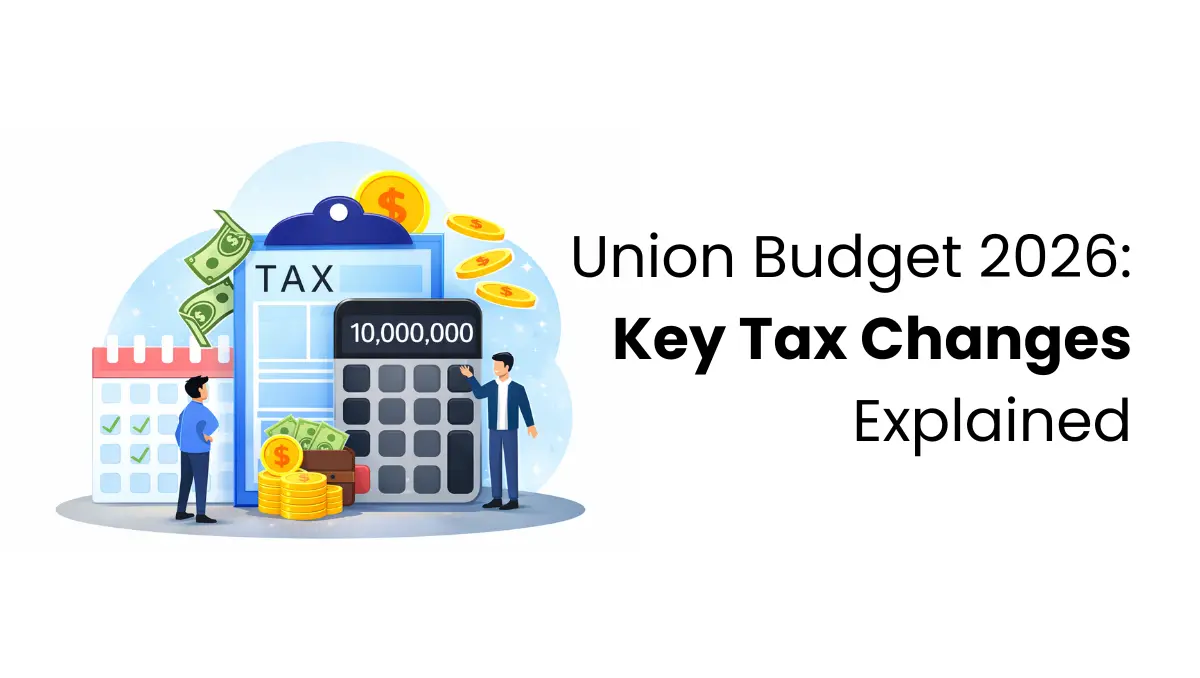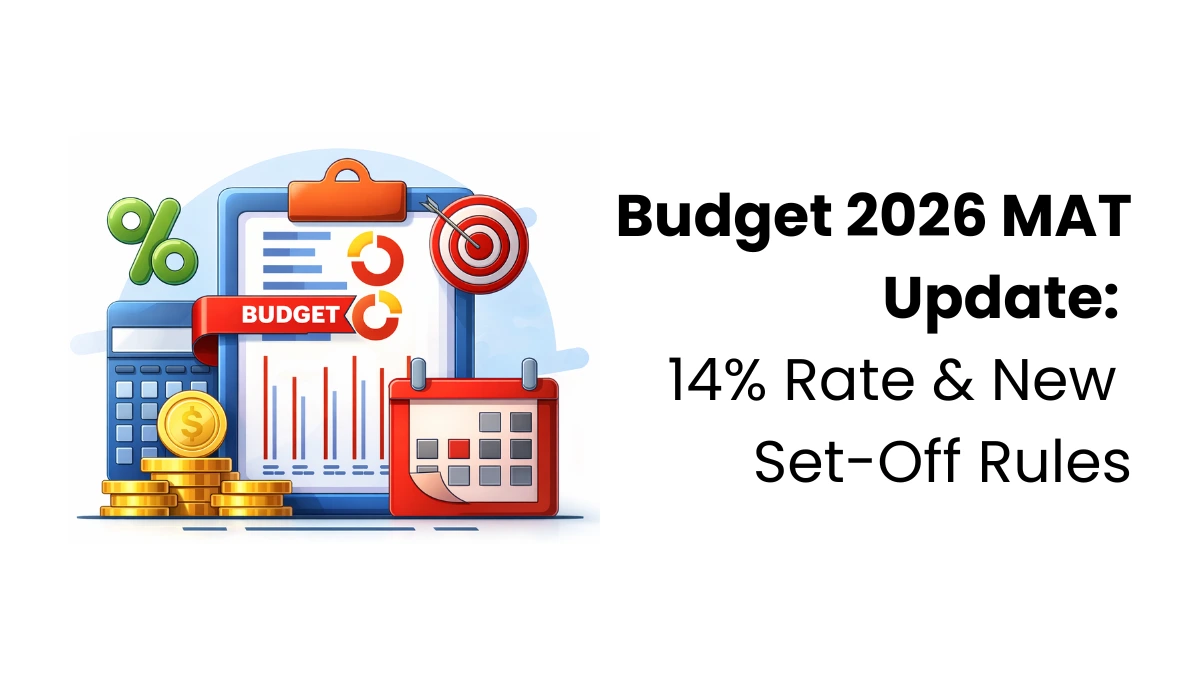Are you a bank job aspirant preparing for RBI Grade B examination? Do you think the path towards your dream job will not be that easy? The Reserve Bank of India (RBI) Grade B examination is the most prestigious and competitive exam in the banking sector. The exam is conducted annually to recruit eligible candidates for various posts in the RBI. Every aspirant must be aware of the RBI Grade B preparation strategy, its pattern, syllabus etc.
Familiarizing yourself with the exam’s structure makes your preparation much easier. The RBI Grade B exam comprises three phases – Preliminary, Mains, and Interview. Aspirants who are planning to attend and crack the RBI Grade B exam in 2023 need to prepare well in advance to crack the exam.
Let’s guide you through a comprehensive RBI Grade B preparation strategy that will help you build a strong foundation, choose the right study material, and stay consistent and motivated throughout your preparation journey.
Understanding the RBI Grade B Exam Pattern and Syllabus
Before you dive into the preparation strategy, it is essential to understand the exam pattern and syllabus of the RBI Grade B exam. The exam consists of three phases:
1. Preliminary Exam (Phase-I) – This is an online objective test that comprises 200 questions from four sections – General Awareness, English Language, Quantitative Aptitude, and Reasoning.
2. Mains Exam (Phase-II) – The online objective and descriptive test consist of three papers – Economic and Social Issues, English Writing Skills, and Finance and Management.
3. Interview – Candidates who qualify for the Mains Exam are called for the interview round. The interview carries 50 marks.
RBI Grade B Exam – Planning your Preparation Strategy

Analyzing the Syllabus and Exam Pattern
The first step towards preparing for the RBI Grade B exam is to analyze the syllabus and exam pattern thoroughly. The exam syllabus is vast, and it is essential to know the weightage of each topic to prioritize your preparation.
The Preliminary exam comprises four sections – General Awareness, English Language, Quantitative Aptitude, and Reasoning. General Awareness is the most critical section in the Preliminary exam, and it carries the highest weightage. English Language and Quantitative Aptitude carry equal weightage, while Reasoning carries the lowest weightage.
The Mains exam consists of three papers – Economic and Social Issues, English Writing Skills, and Finance and Management. The Economic and Social Issues paper carries the highest weightage, followed by Finance and Management and English Writing Skills.
Staying Consistent and Motivated
Consistency and motivation are key factors in achieving success in any exam. It is of utmost importance to stay motivated throughout the preparation journey to achieve your goals. You have to set achievable goals and track your progress and surround yourself with like-minded individuals who are also preparing for the exam. Moreover, you should take regular breaks and indulge in activities that you enjoy. You just reward yourself for achieving milestones.
Online Resources and Mock Tests
Online resources and mock tests are another great way to ready for the RBI Grade B exam. There are several online platforms that provide study materials, videos, and mock tests. These platforms are crafted to help you get a better understanding of the concepts and provide you with instant feedback on your performance.
Mock tests are especially helpful as they simulate the real exam environment and help you identify your strengths and weaknesses. Make sure to attempt as many mock tests as possible to get a better notion of the exam pattern and time management.
Choosing the Right Study Material
The first step in your preparation journey should be to choose the right study material. You can either opt for books and study guides or rely on online resources and mock tests. It is significant to choose a study material which is relevant and covers the entire syllabus.
Enhancing your Problem-Solving Skills
The RBI Grade B exam requires a high level of problem-solving skills. Engage in a comprehensive practice of solving numerous practice questions and mock tests to amplify your problem-solving abilities. Analyze your mistakes and weak areas and work on them to improve your score.
Setting Targets and Timelines
Once you have analyzed the syllabus and exam pattern, the next step is to set targets and timelines for your preparation. Divide the syllabus into small topics and set daily, weekly, and monthly targets to cover each topic. Allocate more time to the topics that carry high weightage and revise the topics regularly to retain them.
Strengthening your Basic Concepts
To crack the RBI Grade B exam, you should have to develop a strong foundation of the basic concepts. Start your preparation by revising the basic concepts of each topic. Make notes of the important formulas, concepts, and shortcuts for quick revision.
Books and Study Guides
If you prefer studying from books, there are several options available in the market. Choose a book that is written by a renowned author and is updated according to the latest exam pattern. Make sure that the book encloses all the topics and subtopics mentioned in the RBI Grade B syllabus.
Study guides are also an excellent resource as they provide a summary of the entire syllabus in a concise manner. They also include practice questions and previous year’s question papers, which can help you get an idea of the exam pattern.
Creating a Study Plan
Creating a study plan is crucial for effective preparation. It helps you stay organized and ensures that you cover the entire syllabus before the exam.
Divide the syllabus into smaller sections and assign them to different time periods. Allocate more time to topics that you find difficult and less time to topics that you are comfortable with. Include regular revisions and mock tests in your study plan.
Practicing Time Management and Discipline
Effective time management and discipline are essential for achieving success in any exam. You should set a fixed study schedule and stick to it. Then prioritize your tasks and complete them accordingly. As part of the best preparation, you should avoid distractions such as social media and mobile phones during your study hours. Then take short breaks between study sessions to avoid burnout.
Preparation is key to your success. Thus, if you are serious about your banking career and trying hard to crack the examination, you must follow an effective preparation strategy. Attaining RBI Grade B exam confidently if your preparation is much stronger. Complete awareness of the exam pattern, syllabus, and study materials required for attending the examination. More than that, if you attain effective training under personalized mentorship increases your chance of being hired.
At Finprov, you can have the best bank coaching not only for the RBI Grade B exam but also the exams such as SBI, NABARD, LIC, Cooperative Banks, IBPS and many more. Our institute provides the best bank coaching under experienced faculties and conducts daily and consolidated test series for familiarize with exam patterns as well as to approach the exam confidently.










